

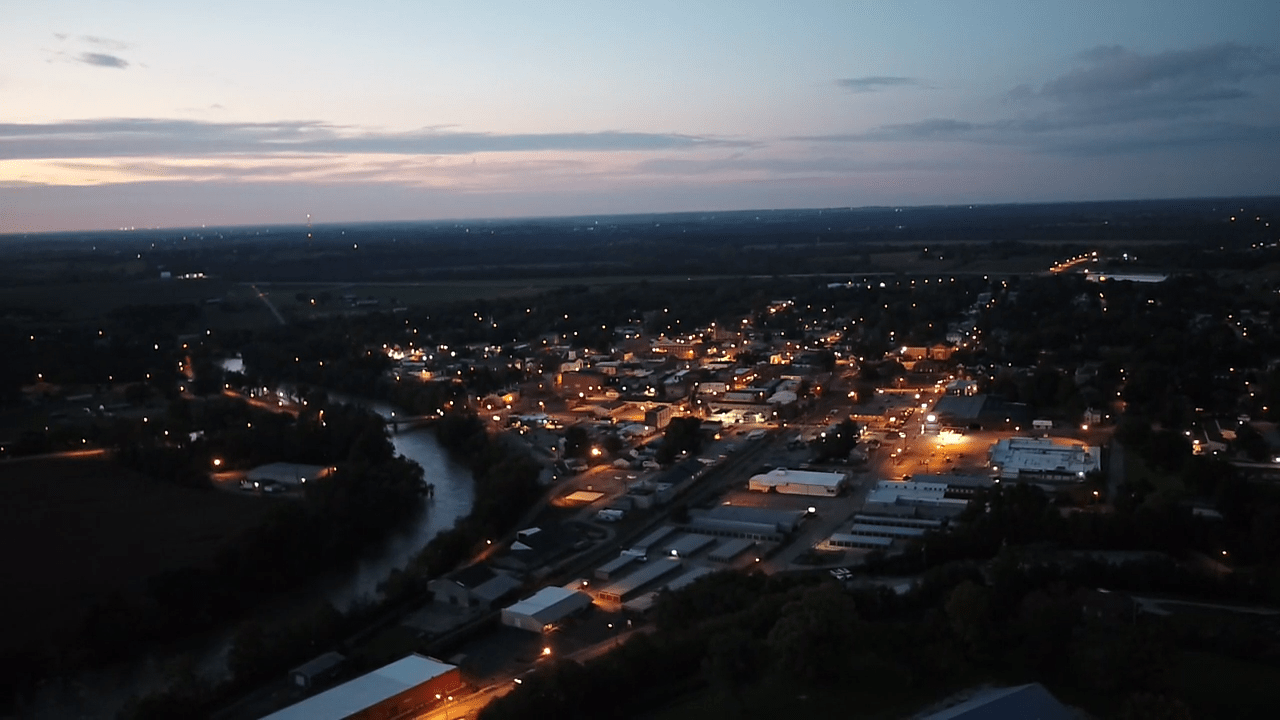
Like many towns across Kentucky, Cynthiana has felt the weight of rising addiction rates in recent years. Opioid misuse—including fentanyl and prescription painkillers—continues to be a major concern, with methamphetamine use and alcohol abuse also straining the community. These aren’t just isolated issues—they often overlap, creating cycles of crisis that touch every part of a person’s life.
Behind the statistics are individuals facing real, complex struggles. Many people seeking addiction treatment in Cynthiana, KY, are also living with mental health conditions like anxiety, depression, or PTSD. When these challenges go untreated, recovery becomes even more difficult to sustain.
The effects of addiction ripple outward. Families are often stretched thin emotionally and financially. Children living in homes affected by substance use may face instability, trauma, or neglect. Across the broader community, addiction drives up demands on healthcare, law enforcement, and social services.
That’s why access to compassionate, evidence-based care, including drug rehab in Cynthiana, is so essential.
It’s not just about breaking the cycle of addiction. It’s also about rebuilding lives, reconnecting families, and restoring hope for the future.
Addiction recovery takes more than personal strength—it takes a community that shows up with the right tools, compassion, and support. In Cynthiana, several substance use resources and mental health services are available to help people get back on their feet.
The Cynthiana Police Department has stepped up by partnering with local health professionals to shift the focus from punishment to prevention and support. Their social worker–led crisis response efforts help connect individuals in active addiction with care—not jail time.
Harm reduction strategies in Kentucky—including naloxone distribution, outreach, and overdose prevention—are coordinated by the Kentucky Department for Public Health’s Harm Reduction Program. These services serve to meet people where they are and help reduce overdoses in communities across the state.
Stable housing is another pillar of recovery. The Housing Authority of Cynthiana helps individuals in early sobriety secure safe, supportive living environments.
The Harrison County Court’s diversion programs prioritize treatment over incarceration, offering individuals a chance to heal while handling legal responsibilities with dignity and support Lexington Addiction Center.
Together, these mental health and addiction care systems form a network of local recovery resources that guide individuals toward lasting change.
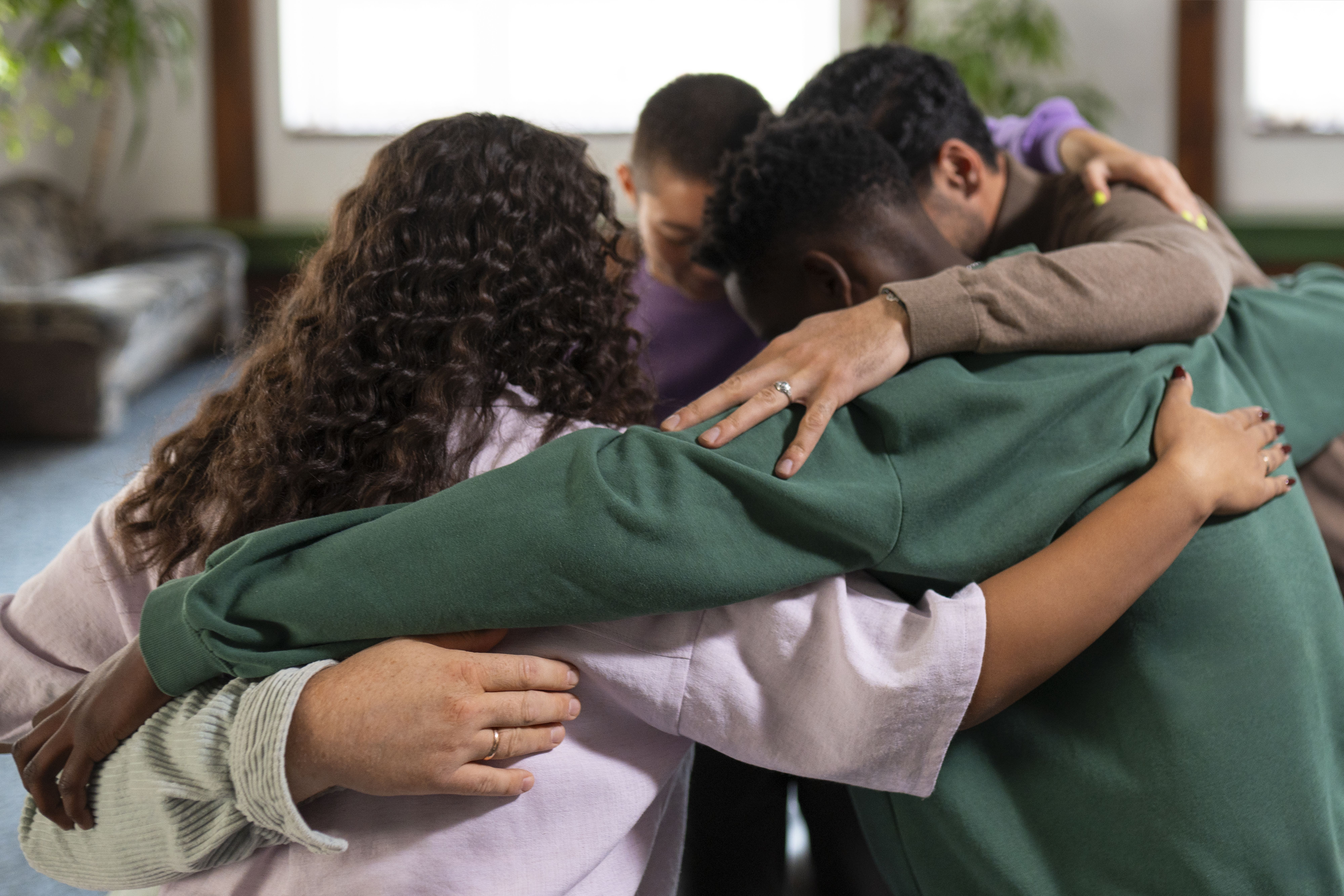
Getting sober isn’t easy, but having people around you who understand what you’re going through makes a huge difference.
In Cynthiana, peer support groups offer a place to talk honestly, share what’s really going on, and stay connected to others walking the same path.
Alcoholics Anonymous (AA) and Narcotics Anonymous (NA) meetings are held throughout the area, offering steady support through conversation, routine, and community.
SMART Recovery offers a non-12-step approach. These meetings focus on practical skills—like how to handle urges or challenge negative thinking—which can be especially helpful for people who prefer a science-backed, self-empowered approach.
Addiction affects more than the person using—it touches everyone around them. That’s why groups like Al-Anon and Alateen exist—to support families, parents, teens, and loved ones as they try to make sense of it all and find their peace in the process. No matter where you are in your recovery, these peer groups offer something hard to find elsewhere: people who truly understand.
When someone decides it’s time to get help, they need more than just a quick fix—they need care that takes the whole picture into account. At Lexington Addiction Center, people from Cynthiana can find just that.
The team offers real support for both addiction and mental health, using evidence-based treatment and a compassionate approach that meets people where they are. Because healing isn’t just about stopping the substance—it’s about rebuilding your life from the inside out.

Our drug alcohol detox program gives you something the internet’s home-remedy tips never can: round-the-clock medical supervision from clinicians who’ve guided thousands through the roughest first days of sobriety.
We tailor evidence-based medications like buprenorphine for opioids or carefully titrated benzodiazepines for severe alcohol withdrawal to your exact physiology, so you stay safe while your body resets.

The partial hospitalization program (PHP) is our most structured outpatient option, offering full-day treatment four to five days a week. It’s a great fit for individuals transitioning out of detox or residential care who still require daily support to stay grounded and on track. You’ll have a packed schedule of therapy, groups, and wellness activities—all designed to help you stabilize and build momentum in early recovery.

Our intensive outpatient program (IOP) offers strong clinical support without the full-time commitment. You’ll attend therapy several times a week—often in the mornings or evenings—so you can continue working, going to school, or taking care of family. It’s ideal for those who want structure and accountability but are ready for more independence.

The outpatient program is our most flexible level of care, with sessions typically happening once or twice a week. It’s designed for those who’ve already made progress in their recovery but want continued guidance, check-ins, and a safe place to stay connected as life evolves. It’s ongoing support—on your terms.

Virtual outpatient care means you get the same licensed clinicians, evidence-based therapies, and medication support you would in the clinic, but from the comfort of your own home. With a secure video link and a decent internet connection, you can attend group therapy, meet with your counselor, and refill prescriptions without a commute.
For people living in Kentucky’s far-flung counties, telehealth closes the distance that so often stands between someone and treatment.

Our program, built by veterans for veterans, delivers evidence-based care alongside the camaraderie and mission-focused mindset that define effective veterans’ rehab. In short, rehab for veterans in Lexington, KY, must be custom-engineered to heal both battlefield wounds and the habits soldiers use to numb them.

Many people who seek help from a Cynthiana drug rehab center are also dealing with conditions like anxiety, PTSD, or depression.
This is where dual diagnosis treatment is essential.
Through the treatment of both addiction and any underlying mental health challenges at the same time, the chances of long-term success increase significantly.
At Lexington Addiction Center, treatment isn’t one-size-fits-all. Clients have access to proven therapies, such as Cognitive Behavioral Therapy (CBT) and Dialectical Behavior Therapy (DBT), as well as trauma-informed care approaches that delve deeper than just talking.
These therapies help people recognize their patterns, make sense of their emotions, and learn more effective ways to navigate life when things become challenging. It’s about building tools that actually work, day in and day out.
Not everyone can pause their life for inpatient care, and they shouldn’t have to. That’s why Lexington Addiction Center offers multiple levels of outpatient care, including Partial Hospitalization (PHP), Intensive Outpatient (IOP), and standard outpatient programs.
These flexible treatment options are ideal for working professionals, college students, and caregivers who need structure and support without having to step away from their responsibilities.
Outpatient programs include regular therapy sessions, group support, and accountability—everything needed to stay on track while living at home.

Addiction doesn’t just affect one person—it ripples through entire families. Family members are seen as active participants in the recovery journey.
Clients also receive support with relapse prevention, daily life planning, and preparation for sober living. The goal isn’t just to get sober—it’s to stay sober and build a meaningful, balanced life.
Whether someone is just beginning treatment or returning for ongoing care, Lexington Addiction Center provides the tools, guidance, and community needed for lasting recovery.
If you or someone you love is struggling with addiction, know this: recovery is possible—and it starts with reaching out. You don’t have to wait for things to get worse. There are compassionate and effective recovery programs in Cynthiana ready to help you reclaim your life.
Lexington Addiction Center offers personalized addiction treatment in Cynthiana, KY, designed to meet you where you are. Whether you’re dealing with alcohol, opioids, meth, or a mix of substance misuse and mental health challenges, their team is here to support your next step forward.
Need help figuring out insurance?
The admissions team can walk you through a free, confidential insurance verification, so you know exactly what’s covered before you begin.
Take the first step today. Contact Lexington Addiction Center and start building your path to recovery.
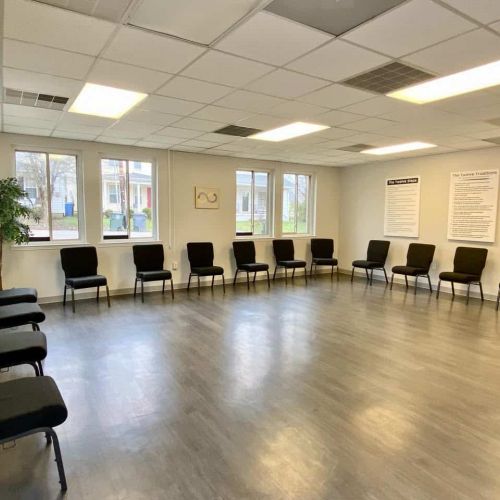





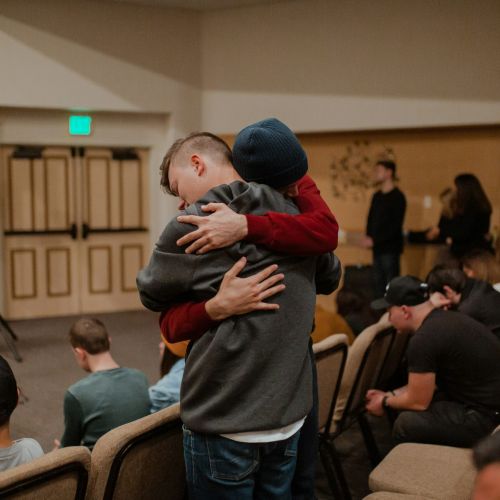

Cynthiana offers a network of community-based and professional services for recovery. Local options include peer support groups, harm reduction efforts by the Cynthiana Police Department, and diversion programs through the Harrison County Court. For more comprehensive rehab options, Lexington Addiction Center provides outpatient and dual diagnosis treatment for individuals in Cynthiana.
Like many Kentucky communities, Cynthiana faces high rates of opioid misuse, methamphetamine use, and alcohol-related harm. These issues often overlap with untreated mental health disorders such as PTSD and depression, increasing the urgency for integrated treatment solutions in the area.
Yes. Lexington Addiction Center supports individuals from Cynthiana with personalized treatment programs, including Partial Hospitalization (PHP), Intensive Outpatient (IOP), and Outpatient Therapy. They specialize in treating both substance use and co-occurring mental health conditions with a trauma-informed, compassionate approach.
Dual diagnosis treatment addresses both substance use disorder and underlying mental health issues—like anxiety or depression—at the same time. This integrated approach significantly improves long-term recovery outcomes and is a core service at Lexington Addiction Center for individuals from Cynthiana.
Yes. Residents can access Alcoholics Anonymous (AA), Narcotics Anonymous (NA), and SMART Recovery meetings locally. Family members can also find support through Al-Anon and Alateen, offering healing for those impacted by a loved one’s substance use.
Yes. Lexington Addiction Center’s outpatient programs are designed for people who need flexibility. These programs allow clients to attend therapy and support sessions while continuing daily responsibilities at home, work, or school.
Absolutely. The center offers family therapy, relapse prevention training, life skills coaching, and aftercare planning. These services empower both clients and their families to maintain long-term recovery and healthier relationships.
You can begin by contacting Lexington Addiction Center. Their admissions team provides free insurance verification and can walk you through the steps to get started—confidentially and with compassion.
Get Family Support Now
We understand addiction affects the whole family. Our comprehensive family program helps rebuild trust and restore relationships.
Weekly Family Therapy Sessions
Educational Workshops
Support Groups
Communication Skills Training


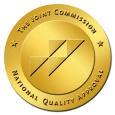



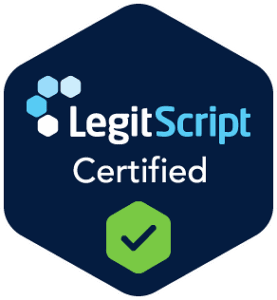

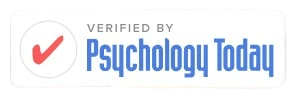




Connery, H. S. (2015). Medication-assisted treatment of opioid use disorder: Review of the evidence and future directions. Harvard Review of Psychiatry, 23(2), 63-75. https://pmc.ncbi.nlm.nih.gov/articles/PMC9772240/
Cynthiana-Harrison County Chamber of Commerce. (n.d.). https://www.cynthianakychamber.com/
Kentucky Office of Drug Control Policy. (2023). 2023 drug overdose fatality report. https://governor.ky.gov/attachments/2023-Drug-Overdose-Fatality-Report.pdf
City of Cynthiana. (n.d.). Cynthiana Police Department. https://www.cynthianaky.com/article/2198286
Bluegrass Intergroup. (n.d.). Cynthiana Group. https://www.bluegrassintergroup.org/meetings/cynthiana-group-2/
In The Rooms. (n.d.). Central Kentucky Recovery NA meetings. https://meetings.intherooms.com/na/Central-Kentucky-Recovery-CKR/all/117283
SMART Recovery. (n.d.). Meetings. https://meetings.smartrecovery.org/meetings/6929/
Centers for Disease Control and Prevention. (n.d.). Opioid data. https://www.cdc.gov/opioids/data/index.html
Substance Abuse and Mental Health Services Administration. (2020). Treatment for co-occurring disorders. SAMHSA Publication No. PEP20-06-04-001. https://store.samhsa.gov/product/treatment-co-occurring-disorders/pep20-06-04-001
McHugh, R. K., Hearon, B. A., & Otto, M. W. (2010). Cognitive behavioral therapy for substance use disorders. Psychiatric Clinics of North America, 33(3), 511-525. https://doi.org/10.1016/j.psc.2010.04.012
Substance Abuse and Mental Health Services Administration. (2014). SAMHSA’s concept of trauma and guidance for a trauma-informed approach. HHS Publication No. (SMA) 14-4884. https://ncsacw.acf.hhs.gov/userfiles/files/SAMHSA_Trauma.pdf
National Institute on Drug Abuse. (2023). Methamphetamine research report. https://nida.nih.gov/publications/research-reports/methamphetamine
American Society of Addiction Medicine. (2013). ASAM criteria: Treatment criteria for addictive, substance-related, and co-occurring conditions (3rd ed.). https://www.asam.org/quality-care/clinical-guidelines/the-asam-criteria
Kelly, J. F., Humphreys, K., & Ferri, M. (2020). Alcoholics Anonymous and other 12-step programs for alcohol use disorder. Cochrane Database of Systematic Reviews, 3(3), CD012880. https://doi.org/10.1002/14651858.CD012880.pub2
Beck, A. K., Forbes, E., Baker, A. L., et al. (2017). Systematic review of SMART Recovery: Outcomes, process variables, and implications for research. Psychology of Addictive Behaviors, 31(1), 1-20. https://doi.org/10.1037/adb0000237
Substance Abuse and Mental Health Services Administration. (2004). Substance abuse treatment and family therapy. Treatment Improvement Protocol (TIP) Series, No. 39. https://www.ncbi.nlm.nih.gov/books/NBK64269/
Substance Abuse and Mental Health Services Administration. (2021). Harm reduction framework. https://www.samhsa.gov/find-help/harm-reduction
Police Executive Research Forum. (2016). Building successful partnerships between law enforcement and public health agencies to address opioid use. https://www.policeforum.org/assets/opioids.pdf
Substance Abuse and Mental Health Services Administration. (2019). Recovery housing: Best practices and opportunities. https://www.samhsa.gov/homelessness-programs-resources/hpr-resources/recovery-housing
Rural Health Information Hub. (n.d.). Substance use disorder in rural areas. https://www.ruralhealthinfo.org/topics/substance-use

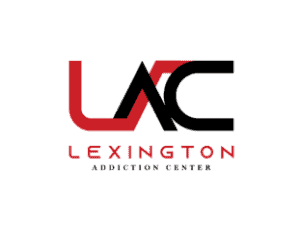
Addiction and co-occurring disorders don’t have to control your life. Lexington Addiction Center is waiting with open arms to give you the tools necessary for lasting change. Reach out to us today to learn more.